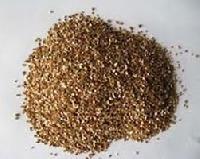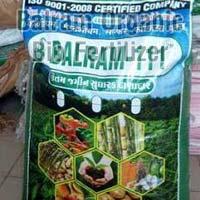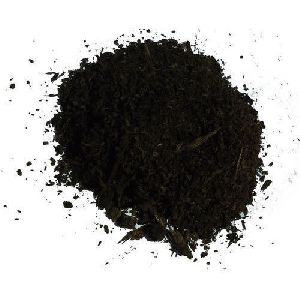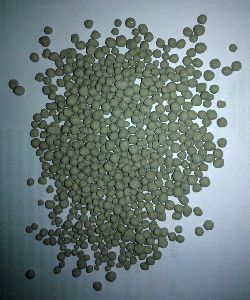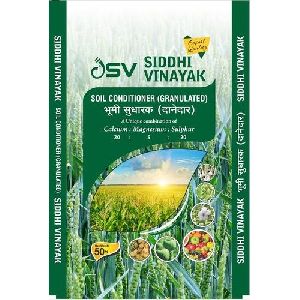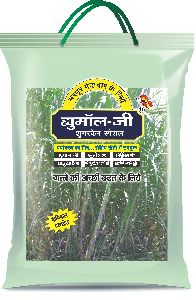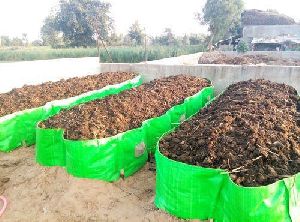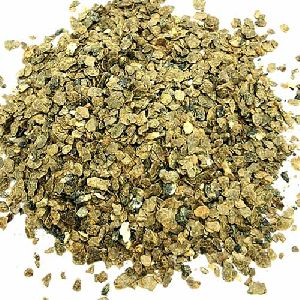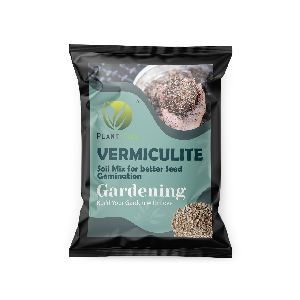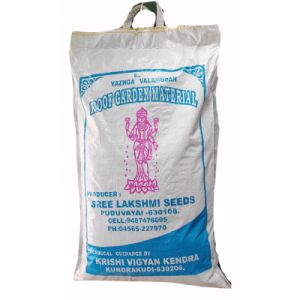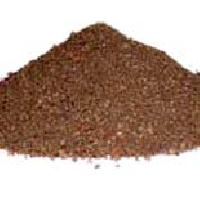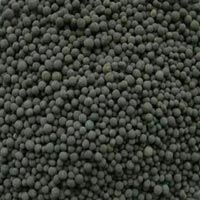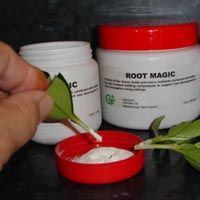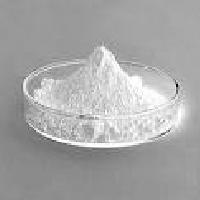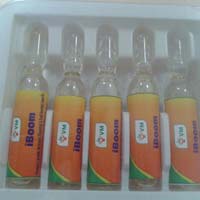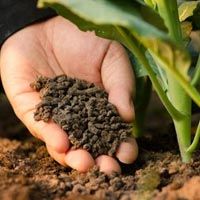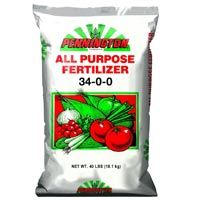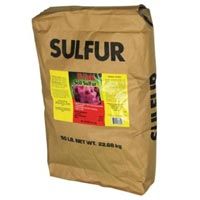Listing ID #3103095
Company Information
Ask for more detail from the seller
Contact SupplierSymbiotic association of plant roots and microbes is well proven phenomenon. This kind of association was reported between Azospirillum and Paspalum notatum and N2 fixing microbes by Mrs. Johanna Dobriener, Brazil in 1972. Similarly, presence of Azotobacter in cortical cells of roots of grass (intra-cortical) was reported by Dr. Bhide & Dr. A.G. Purandare, Pune in 1979. Hence, the occurrence and activity of plant growth promoting bacteria in rhizosphere was very well established. The roots exudates (secretion through roots) are the governing factor these activities. E.g. If plant needs nitrogen for its growth then it encourages colonies of N2 fixing microbes in rhizosphere. Likewise, if it requires P then PSB are encouraged by controlling the type of root exudates.
It is a consortium of Plant Growth Promoting Bacteria, which are active and in liquid form for easy application. The application of different microbes at different stages of plant growth was cumbersome and expensive. Ninai Agro Biotech Pvt. Ltd.(NABPL) therefore, came up with the idea of consortium (group) of microbes together.
NABPL approached Microbiology Department of University of Pune (MDUP) with this concept. After, very extensive R & D with (MDUP) ProTecTM was formulated. The development of ProTecTM, a liquid bio soil conditioner by NABPL was an innovative concept in itself. This consortium of Plant Growth Promoting Bacteria/ Rhizobium (PGPR) is in liquid form and with live microbes for easy application.
Development of ProTec™
a. Isolation:
NABPL collected rootlets of different plants at various stages of their life cycle. This exercise was undertaken to collect efficient microbial strains in rhizoshere. After, employing the standard technique of microbial isolation, great number strains of microbes were obtained.
b. Screening & Identification A very stringent screening was carried out before identification of the strains. The screening was done to select the most efficient microbial strains in their activities. While, screening and selecting the strains the following plant beneficial activities were taken into account
1. N2 fixing
2. Phosphate solubilization
3. Iron & micro-nutrients mobilization
4. Fungal inhibition
5. Production of Plant growth promoting Hormones
6. Decomposition of agricultural residues
After screening process all these microbes are grown under aseptic condition in appropriate media to develop into a consortium. All these are compatible to each other and do not mar or retard the activity of the other.
ProTecTM is not innovative in its conceptualization but the contents (microbes) are also
innovative. They are more efficient and different than those available in market. Microbes and
their functions are
1. Nitrogen fixing: For this function, Beijerinkia spp. and Derxia spp. were preferred over
Azotobacter spp. because of their efficiency and better tolerance to the pH variations.
2. Phosphate Solubilisation: Bacillus magaterium helps the insoluble phosphorus to
dissolve in organic acids secreted by it and make it available to plants.
3. Fungal Inhibition: Toxins secreted by Pseudomonos spp. are detrimental to the growth
of soil borne pathogens viz. Fusarium, Pythium, Rizhoctonia etc.
4. Micro-nutrients mobilization: This function of bacteria viz. Pseudomonos spp. in ProTec
makes it stand apart from the conventional bio soil inputs. Plants need iron and they
absorb in Ferrous, Fe2+ form. But in soil it is available in Ferric, Fe3+ form due to the
oxidation. The iron reductase enzyme secreted by these bacteria not only make Fe2+
available but also make other blocked micro-nutrients free i.e. Mg, Mn, B, Zn, Mo and
make available to the plant, too
5. Hormone production: Strains from Enterobacteriaceae family have capacity to secret
hormones, which help in plant growth, flowering, fruit setting and quality of produce.
6. Decomposition: The Bacillus spp. present in ProTecTM helps decomposition of organic
matter and residues in soil (e.g. dead green mass) and also regulate C:N ratio.
There are in all 14 strains in ProTecTM. It means that more than a variety of each spp. for each function. This makes ProTecTM more effective and efficient as it can show results in various soil conditions i.e. pH, EC, soil structures etc. In fact, the PGPR in ProTecTM stabilize the soil biologically, physically and chemically. Hence, it is called the soil revitalizer and rejuvenator.


